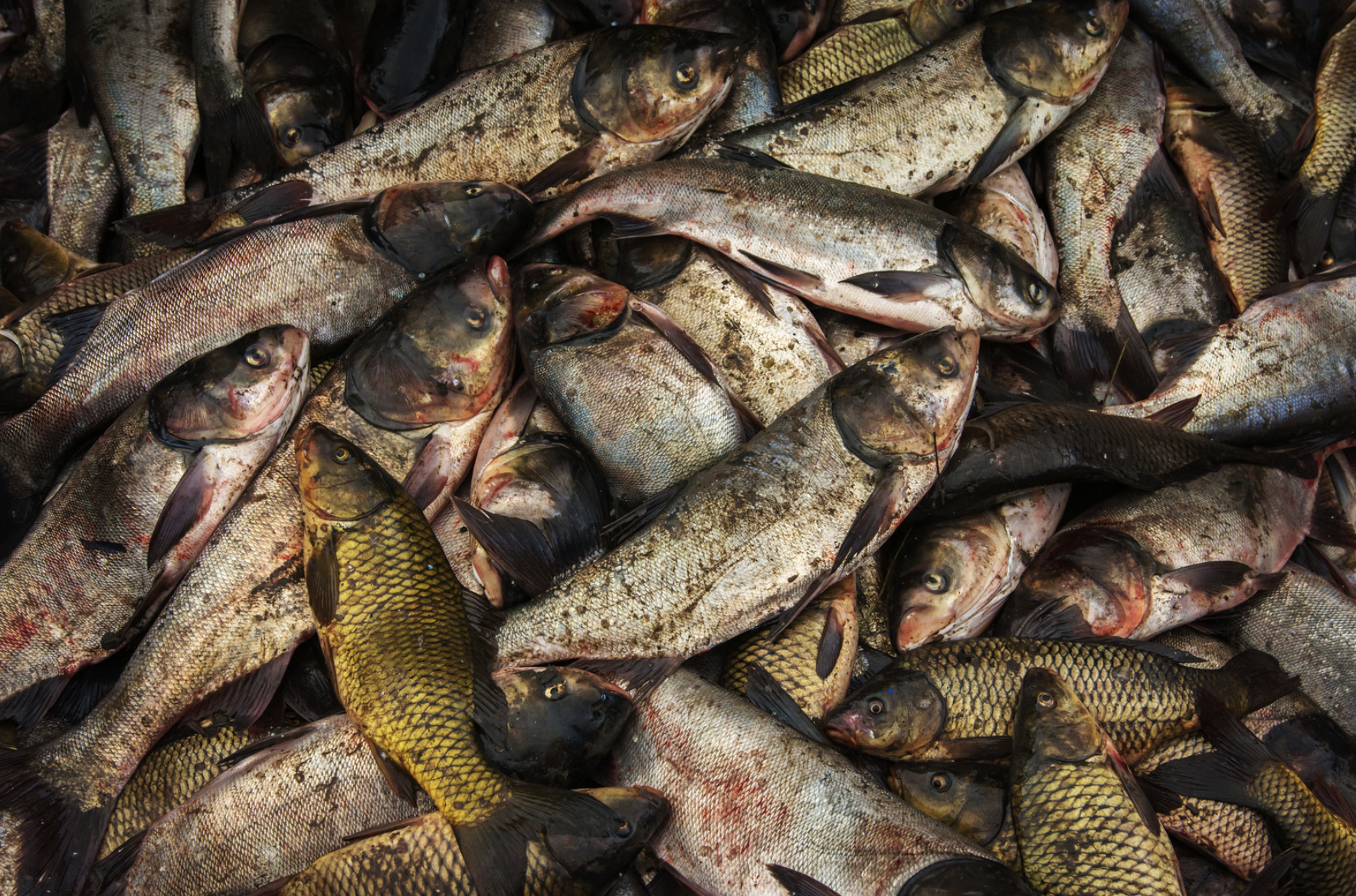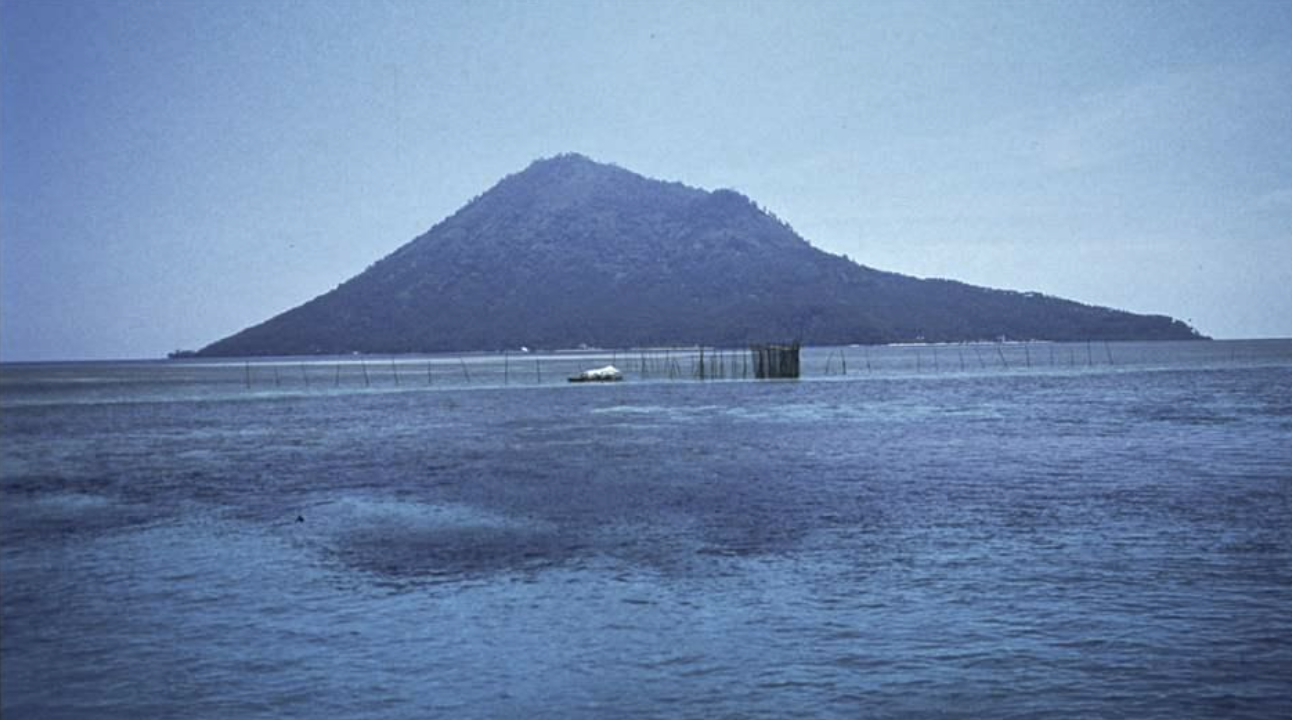
Wildlife affected by poachers and illegal fishing.
Who are affected by illegal fishing?
Illegal fishing affects a wide range of stakeholders, from local communities to global ecosystems. Coastal communities that depend on fishing for their livelihoods are often hit the hardest, as illegal fishing depletes fish stocks and undermines sustainable practices. This leads to economic instability, food insecurity, and the loss of traditional ways of life. Additionally, legal fishermen face unfair competition, which can drive them out of business. The environmental impacts are also significant, as illegal fishing disrupts marine ecosystems, threatens endangered species, and damages habitats. On a global scale, illegal fishing undermines international efforts to manage fisheries sustainably, contributing to overfishing and biodiversity loss. Consumers are affected as well, as they may unknowingly purchase illegally caught fish, which can be associated with lower standards of safety and quality. In sum, illegal fishing has far-reaching consequences that ripple through local communities, economies, and the environment.
Affected Area’s of Illegal Fishing
-

IUU fishing costs the global economy billions of dollars each year.
Estimates from a benchmark study published in the journal Marine Policy suggest that 1 in 5 wild-caught marine fish are landed from IUU fishing. Global Financial Integrity, a Washington, D.C.-based think tank that focuses on illicit trade and corruption, says that IUU fishing generates up to $36.4 billion per year in illegal profits, with untold billions of dollars lost to the global economy in unpaid taxes, customs, license fees and numerous other pieces of the legal seafood supply chain. Further, IUU fishing, which contributes to overfishing globally, also disproportionately impacts small island and developing States.
-

IUU fishing takes a toll on local and regional cultures.
In April 2023, an Associated Press series highlighted how IUU fishing and overfishing of certain species threatened cultural practices. For example, the Senegalese national dish is thieboudienne, a fish and rice pot meal made primarily from local white grouper. But overfishing and increased illegal fishing have damaged coastal fisheries, and the population of this fish that people have eaten for generations has collapsed. Similarly, in the Bahamas, the population of conch, which has substantial cultural and economic value in the region, has been depleted so severely that, according to the Associated Press, within a decade it may “cease to be commercially viable.” Around the world, and especially where governments lack fisheries enforcement resources, coastal communities are suffering from the impacts of IUU fishing.
-

Each year, more than 100,000 people die while fishing—a problem exacerbated by IUU fishing.
According to a 2022 FISH Safety Foundation study, commissioned by Pew, more than 100,000 people die annually while engaged in legal commercial or IUU fishing. While fishing is inherently risky, the study highlights how IUU fishing and overfishing exacerbate and contribute to these deaths. For example, in the Indian Ocean off Madagascar, illegal fishing may represent as much as half of the total catch due to IUU activity from the industrial and artisanal sectors. Local fishers have lost revenue due to the drop in accessible catch and have been forced to go farther out to sea, significantly increasing their safety risk and leading to higher levels of mortality.
-

Illegal fishing affects many more people than fishers alone.
While the on-the-water consequences of illegal fishing are clear, it’s not just those going out to sea that have livelihoods in peril. Those who work in related artisanal industries—including boat construction, net repair, ice hauling and fish processing—are all seeing reduced work and revenues. In West Africa, for example, women are the main processers and traders of fish at market, and the reduction of local fish catch due to illegal activities and overfishing is having a negative economic impact on them.
-

Illegal fishing can be more destructive to ecosystems than legal fishing.
Illegal fishers often disregard multiple rules at once, including those that prohibit destructive methods. For example, some IUU fishers practice blast fishing—detonating explosives to stun fish and damage their swim bladders—which often kills all marine life in the blast’s radius, causing immense damage to the marine ecosystem. In some places, fishers use cyanide powder to stun—but not kill—colorful tropical fish, which are then sold on the exotic pet market. Cyanide can also bleach or kill coral reefs.
-

IUU can obscure where the fish you’re eating has come from.
While grocery stores may list where fish are caught, the involvement of multiple countries in fishing activities can often obscure the true source. Some ecolabels can aid in making smart choices, but they rarely tell the full story. Until there is a traceable chain of custody from the time a fish leaves the water to the time it hits the shelf, customers cannot have 100% confidence in the origin country of their fish.


